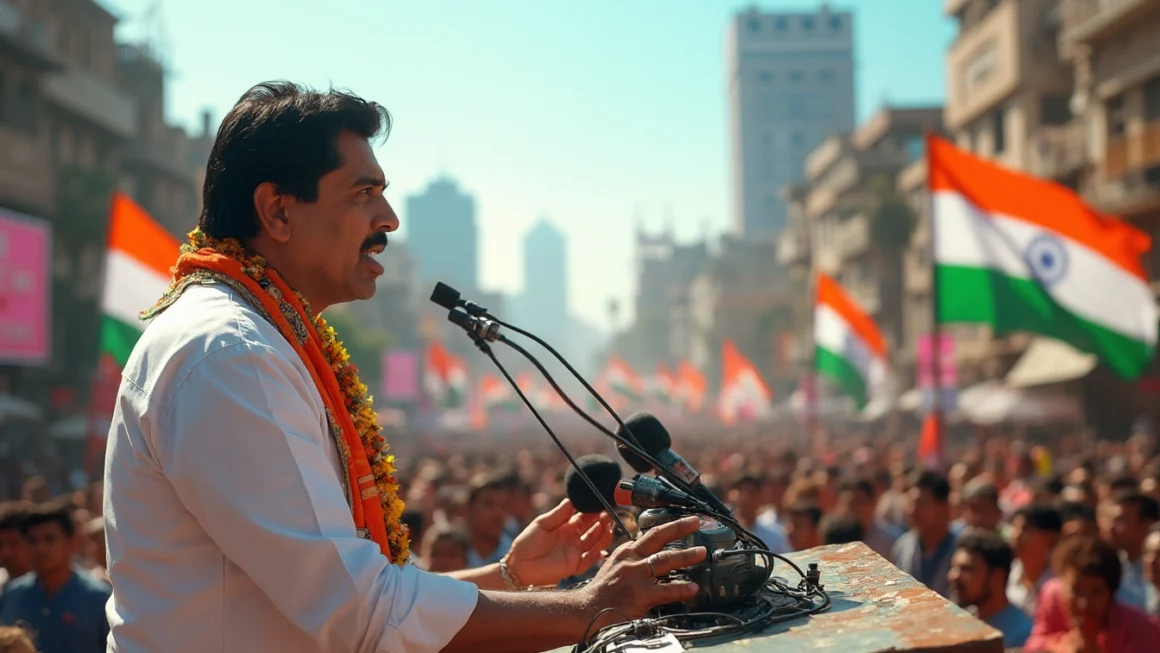Understanding the Unique Electoral Dynamics of India
Table of Contents
India, with its democratic framework, stands out on the global platform due to its vast and complex election system. The Indian democracy, often lauded for its scale and vigor, hosts an array of political parties and diverse voters, making each election a spectacle of strategy and reflection. With over a billion people, the Indian electoral system is designed to incorporate the voices of its multifaceted society.
The Scale of India’s Democratic Process
Home to the world’s second-largest population, India’s elections are not just about choosing leaders but about celebrating democracy itself. The process involves intricate logistics and management to ensure free and fair conduct. From local bodies to the national parliament, the democratic setup is a layered tapestry of governance. Having numerous political metaphors, including coalitions and regional parties, adds to the complexity of this process.
The Role of the Election Commission
The Election Commission of India (ECI) plays a pivotal role in orchestrating this massive democratic exercise. Responsible for ensuring smooth execution, their duties range from setting the election schedule to monitoring the model code of conduct. Through technological integration and administrative reforms, the ECI has modernized the conduct of elections, enhancing transparency and efficiency.
Impact of Socio-Economic Factors on Voting Patterns
Voting patterns in India are heavily influenced by several socio-economic factors, including education, income levels, caste, and religion. These aspects significantly shape voter choices and party strategies. Demographic shifts, aided by a burgeoning youth population, are continually redefining the political landscapes. Campaigns increasingly utilize targeted outreach to address the needs and aspirations of various demographic segments.
Emergence of New Voter Expectations
The evolving political climate indicates a shift in voter expectations, primarily driven by the younger electorate’s aspirations. Today’s voters are more informed and demand operational transparency, improved infrastructures, and social justice reforms. Political manifestos are thus evolving, focusing on progressive agendas while addressing core issues like unemployment and economic stability.
Technology: A Game Changer in Indian Elections
Technological advancements have been instrumental in transforming India’s electoral process. The incorporation of Electronic Voting Machines (EVMs) and Voter Verifiable Paper Audit Trails (VVPAT) has curtailed discrepancies, ensuring more robust and fair elections. Additionally, digital campaigns and social media have become critical instruments for political parties to connect with the electorate, allowing for real-time engagement and feedback.
Challenges and Opportunities
Despite the leaps in progress, challenges remain, such as managing fake news and ensuring cybersecurity in election tech. Opportunities lie in further digital integration to enhance voter outreach and participation. As technology evolves, its seamless integration offers a promising trajectory for future elections.
The Future Trajectory of Indian Elections
Looking ahead, India’s electoral landscape is poised for continued transformation. As democratic practices evolve, there’s a collective consciousness towards more inclusive and participatory governance. Voters are becoming increasingly pivotal, with their expectations pushing political entities to adopt reforms that resonate with newer generational values.
Exploration of Digital Influence
The world’s largest democracy is likely to see increased digital influence in upcoming elections. From artificial intelligence-driven strategies to enhanced voter education through online platforms, digital tools are poised to redefine voter engagement strategies. To further explore digital transformations, consider visiting a relevant resource.
Conclusion: Embracing Democratic Evolution
India’s democratic process, with its sheer size and diversity, is a study in political innovation and citizen engagement. As every election cycle unfolds, the blend of tradition and modernity continues to highlight India’s commitment to democracy. Future elections will undoubtedly continue to reflect the dynamic spirit and resilient nature of Indian democracy, serving as a beacon to democracies worldwide.
Engage with this fascinating political journey and share your insights on what the future holds for electoral democracies around the world.




